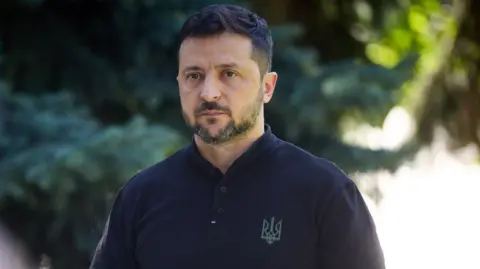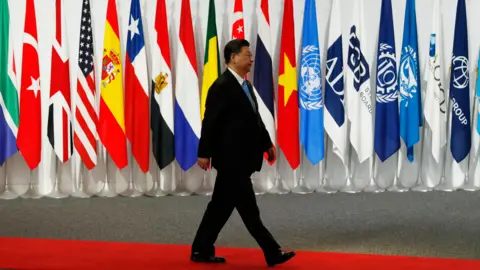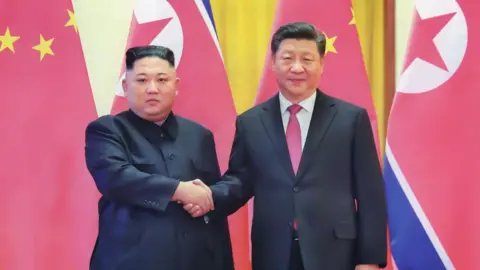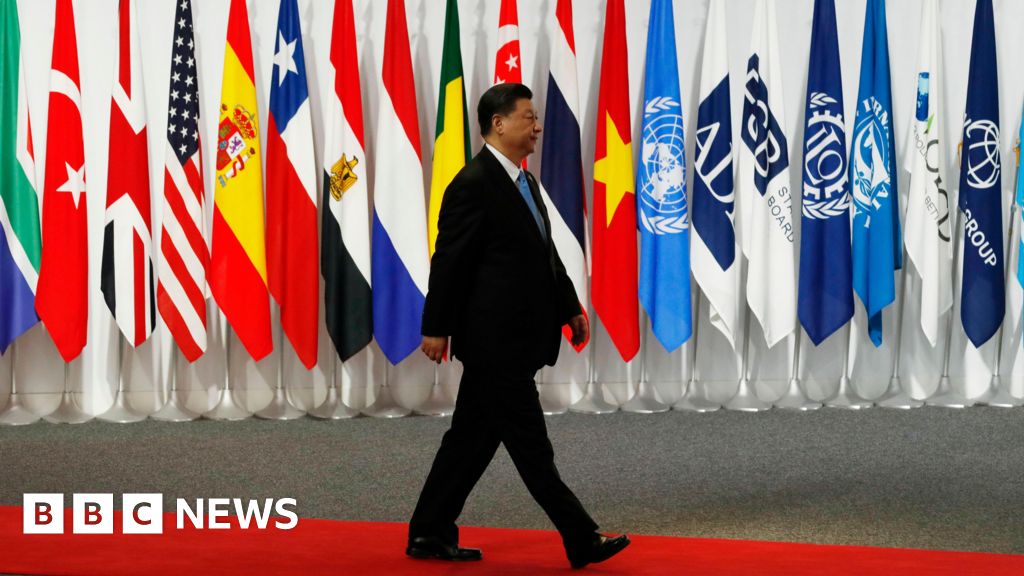The Trump administration, through Secretary of State Marco Rubio, has announced a sweeping revocation of visas for all South Sudanese passport holders. This decision stems from frustrations with the transitional government of South Sudan, which has been slow to accept its citizens being deported by the United States. In a statement, Rubio articulated that the revocation is a response to South Sudan's failure to engage in timely repatriations, stating that he is open to reviewing these actions once compliance is achieved.
This hardline stance mirrors previous tactics employed by the administration when President Trump threatened visa revocations for Colombian officials over similar issues concerning the acceptance of deported citizens. This instance resulted in a prompt reversal from Colombia, illustrating the pressure such decisions can exert on foreign governments.
The administration's focus on rapid deportation reflects its broader immigration strategy, which aligns with Trump's campaign promises. Meanwhile, some individuals facing deportation have initiated legal challenges that have led to temporary restraining orders against the administration's actions.
Critics, such as former Justice Department official Lucas Guttentag, have condemned this visa suspension as discriminatory, arguing it unjustly punishes innocent South Sudanese visa holders and undermines the potential for meaningful diplomatic engagement with South Sudan. As diplomatic channels remain strained, the future of U.S.-South Sudan relations may hinge on how the transitional government responds to these pressures.
This hardline stance mirrors previous tactics employed by the administration when President Trump threatened visa revocations for Colombian officials over similar issues concerning the acceptance of deported citizens. This instance resulted in a prompt reversal from Colombia, illustrating the pressure such decisions can exert on foreign governments.
The administration's focus on rapid deportation reflects its broader immigration strategy, which aligns with Trump's campaign promises. Meanwhile, some individuals facing deportation have initiated legal challenges that have led to temporary restraining orders against the administration's actions.
Critics, such as former Justice Department official Lucas Guttentag, have condemned this visa suspension as discriminatory, arguing it unjustly punishes innocent South Sudanese visa holders and undermines the potential for meaningful diplomatic engagement with South Sudan. As diplomatic channels remain strained, the future of U.S.-South Sudan relations may hinge on how the transitional government responds to these pressures.





















